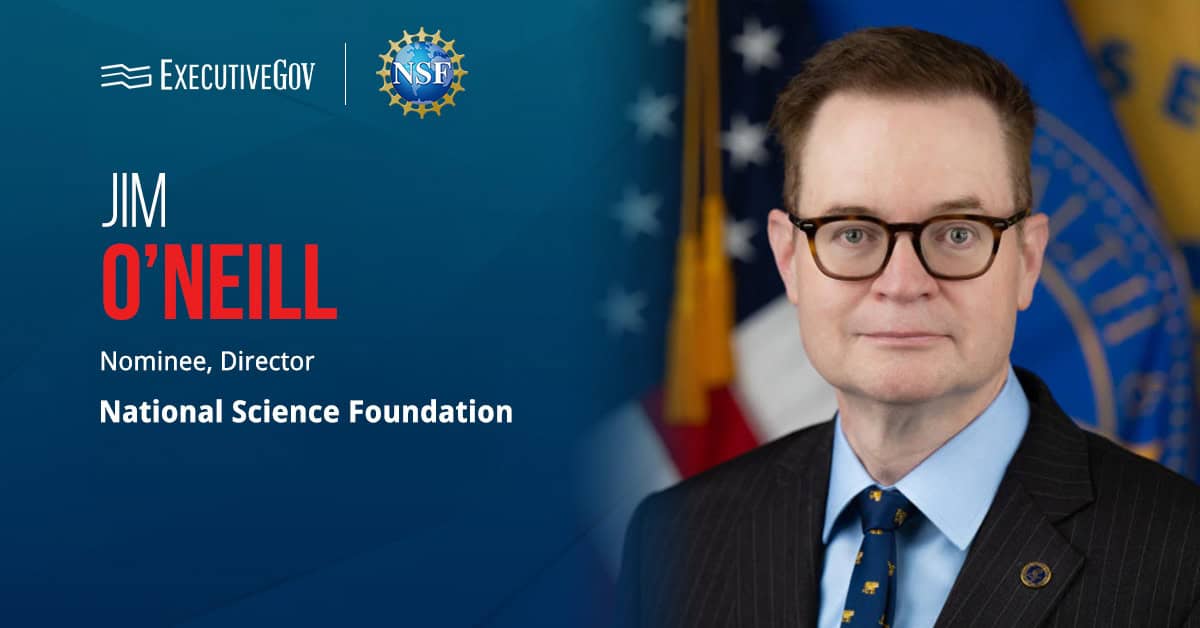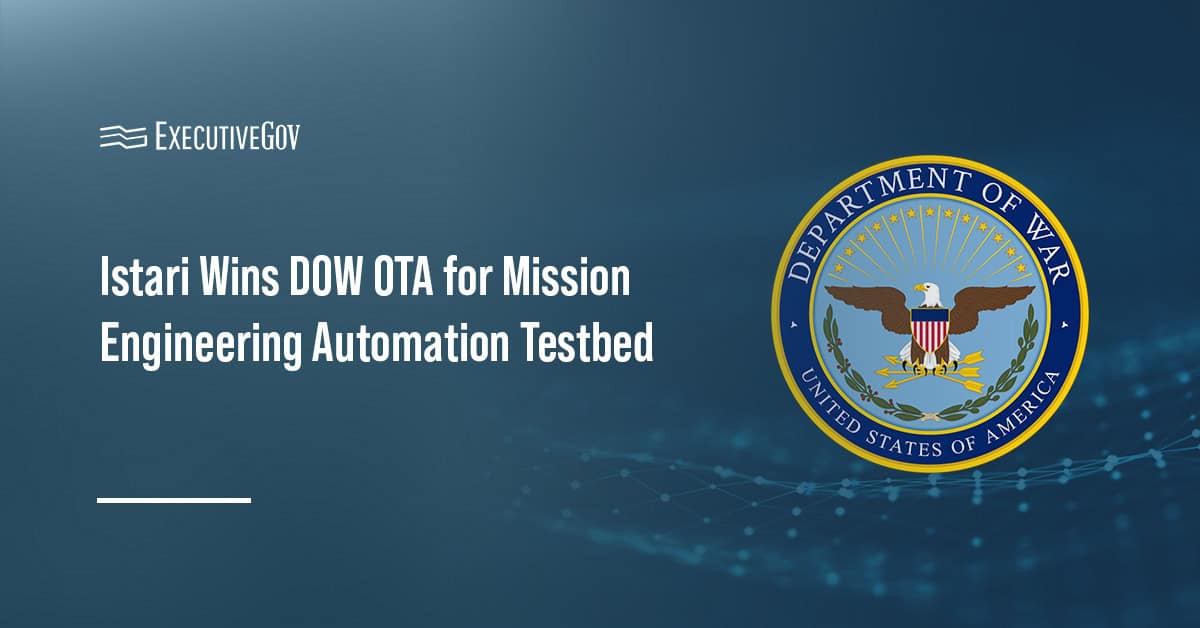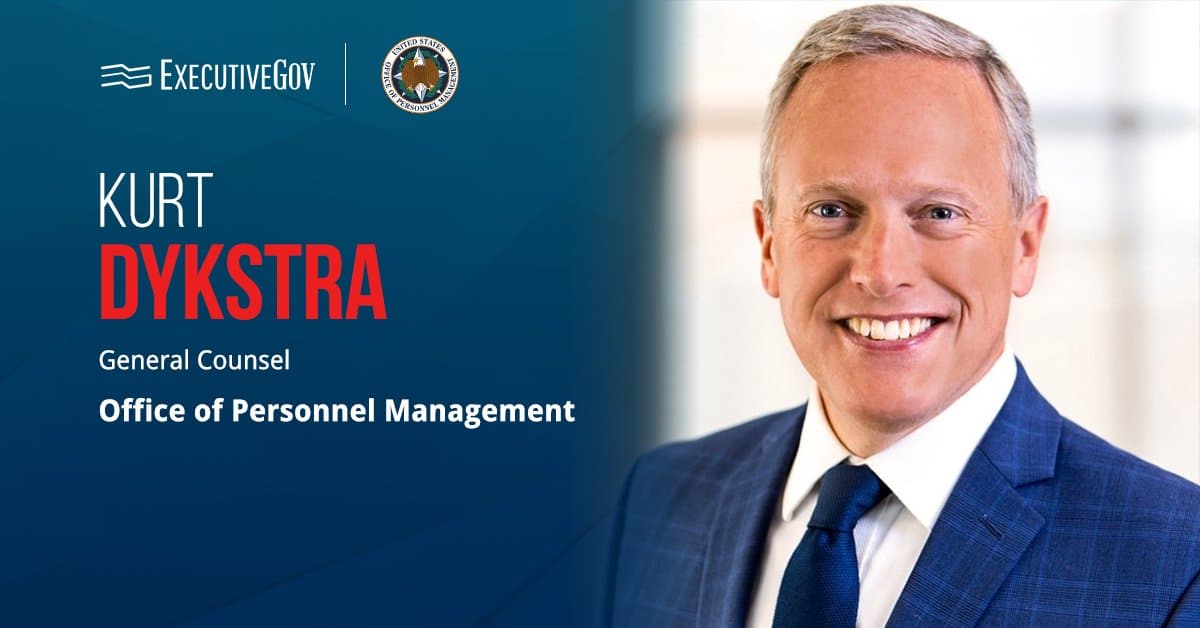Sen. Michael Bennet, D-Colo., has introduced legislation that means to facilitate the responsible use of artificial intelligence across the federal government by conducting a review of existing AI policies.
The Assuring Safe, Secure, Ethical, and Stable Systems for AI Act would establish a task force to provide recommendations on aligning the government’s AI tools, policies and regulations with the public’s rights and liberties, Bennet’s office said Friday.
The legislation could also mandate the AI Task Force to recommend standards for facial recognition, data protection and risk assessments.
According to the lawmaker, the federal government must lead by example to ensure it uses AI tools and services responsibly.
“Americans deserve confidence that our government’s use of AI won’t violate their rights or undermine their privacy,” Bennet said.





